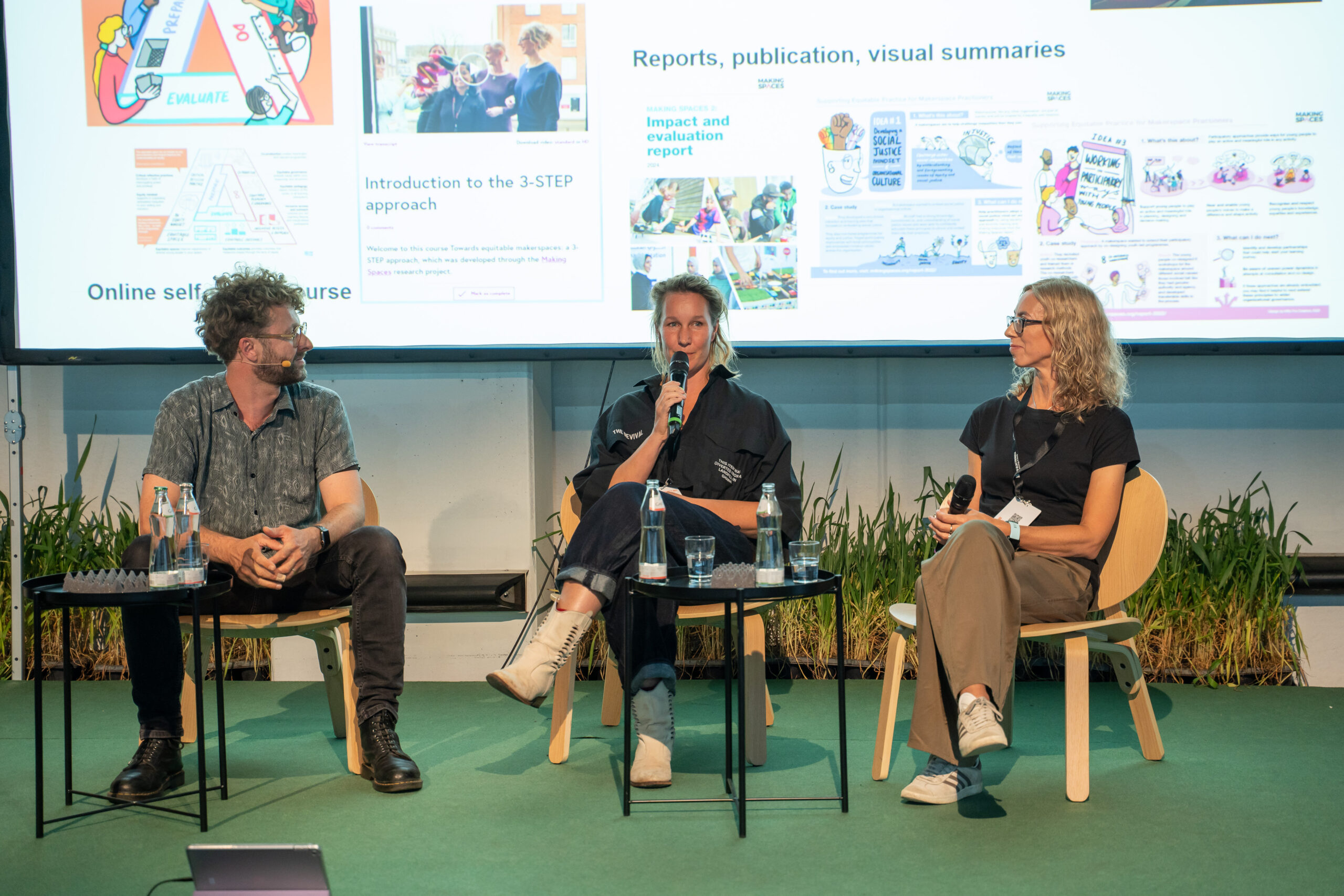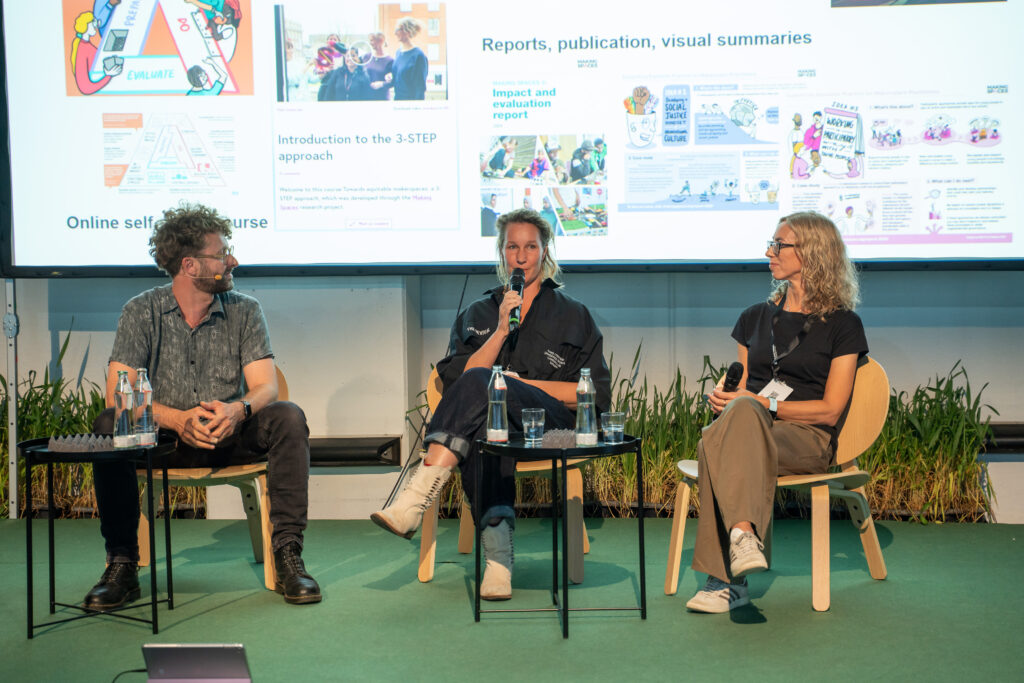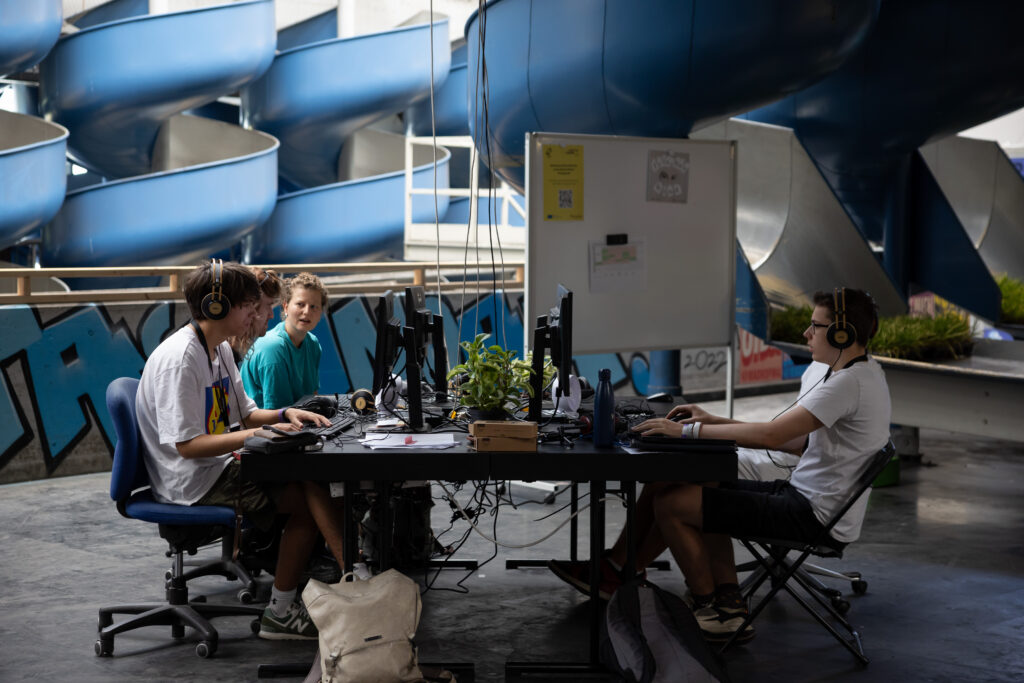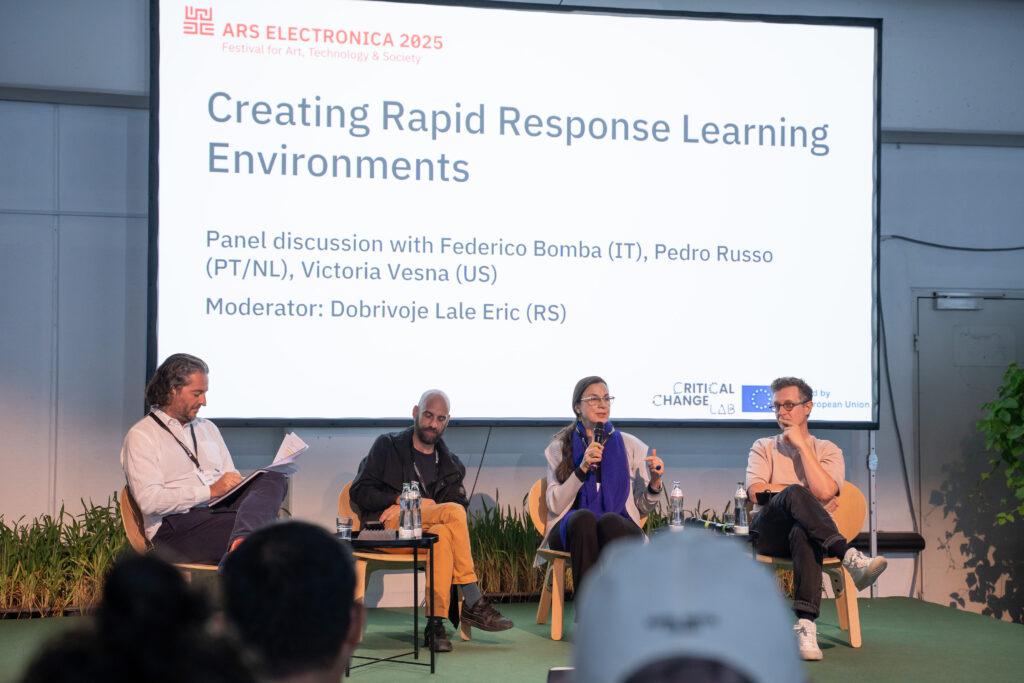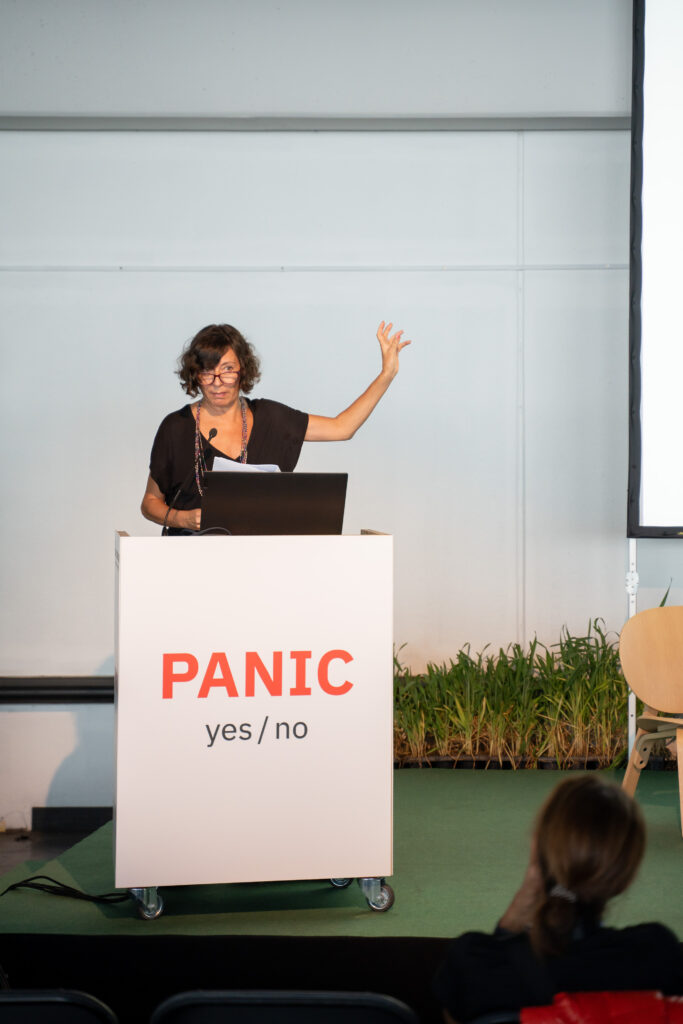- Press Release as PDF
- About the Critical Change Lab initiative
- The Massive Open Online Course to try out
- More about the Ars Electronica Platform Europe
(Linz, September 29, 2025) Worldwide, political upheavals, climate extremes, and escalating conflicts are overlapping. This environment of uncertainty is fertile ground for extreme and populist forces, which gain attention especially through social media and offer seemingly simple solutions to complex issues. Trust in democracy, its institutions, and its solutions is demonstrably declining. This is exactly where the EU-funded initiative Critical ChangeLab steps in. Since the project began in 2023, ten partner institutions – including Ars Electronica – have been working to counter democratic disenchantment, discussing new (digital) tools for civic participation and promoting civil society interventions.
From workshops with young people, conferences, and scientific research by all partners, an online learning course emerged in September 2025. The “Massive Open Online Course” is aimed at teachers, youth workers, activists, and students who want to learn educational methods that encourage young people to stand up for a fair society.
MOOC: Practical Methods and Raising Awareness
The Massive Open Online Course (MOOC) is titled “Youth, Democracy, and Technology – Participatory Approaches for Critical Consciousness” and consists of seven modules focusing on youth engagement, digital rights, eco-social justice, participatory technologies, and the role of art as a driver of change. Through texts, videos, audio clips, and short knowledge checks, the course provides methods to support young people in identifying conflicts and systemic issues and participating in democratic processes on various levels.
“With this new online course, we’re providing educators and engaged individuals with practical methods to inspire young people about democracy and social responsibility. In times of growing uncertainty and populism, we need creative learning spaces that not only motivate young people to actively contribute to a just future but also equip them with the tools they need to do so,”
Vanessa Hannesschläger, Head of European Collaboration at Ars Electronica.
CCLab Activities at Ars Electronica
As part of the Critical ChangeLab (CCLab) initiative, Ars Electronica has been offering educational activities such as workshops with school students in Austria since 2023. These have taken place, for example, at HTL Spengergasse in Vienna and the European School in Linz. The Ars Electronica Festival also played a role: in 2024, young people from five countries produced a podcast together with FM4, sharing their perspectives. In 2025, a two-day Critical ChangeLab Symposium followed, bringing together over 20 educators, artists, researchers, and decision-makers to discuss creative approaches that promote critical thinking, engage young people, and initiate societal transformation.
The insights gained by all participating CCLab partners – ranging from practical offerings to academic evaluations – will be turned into policy recommendations by November 2025 and subsequently submitted to the EU Commission.
About Critical ChangeLab
Critical ChangeLab is a three-year EU-funded project that brings together universities, social initiatives, and cultural practitioners from ten European countries to create inclusive spaces where young people can develop critical competencies, experience democratic participation, and work toward a just future. Participants include Ars Electronica (AT), Trinity College Dublin (IRL), the University of Barcelona (ES), Waag Futurelab (NL), the Kersnikova Institute (SI), the LATRA Innovation Lab (GR), Tactical Tech (DE), Alternatives Européennes (FR), and the Institute of Social Research Zagreb (HR).
Critical Changelab is funded by the European Union’s Horizon Europe research and innovation programme under grant agreement number 101094217. Views and opinions expressed are however those of the author(s) only and do not necessarily reflect those of the European Union or the European Research Executive Agency (REA). Neither the European Union nor the granting authority can be held responsible for them.
